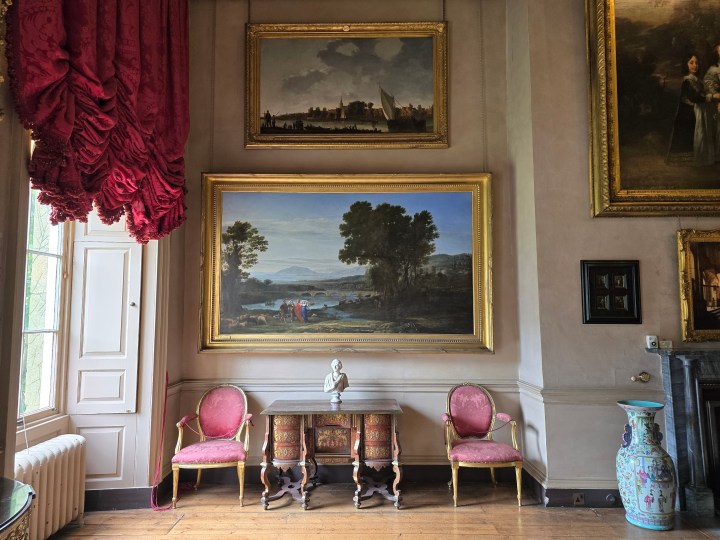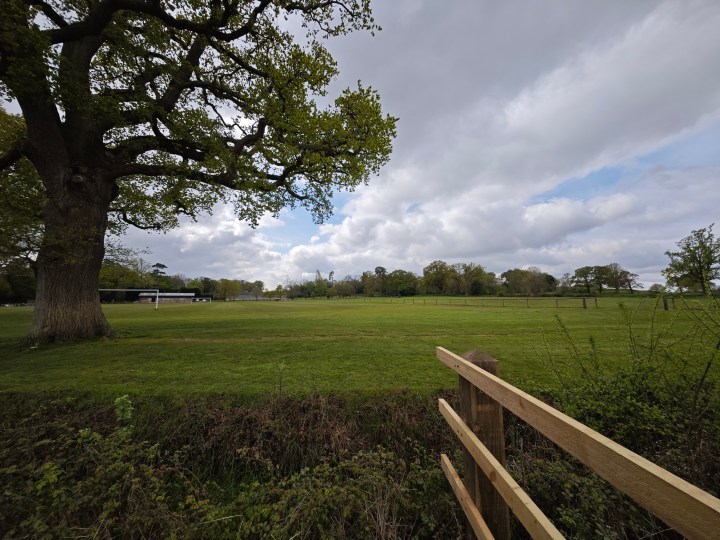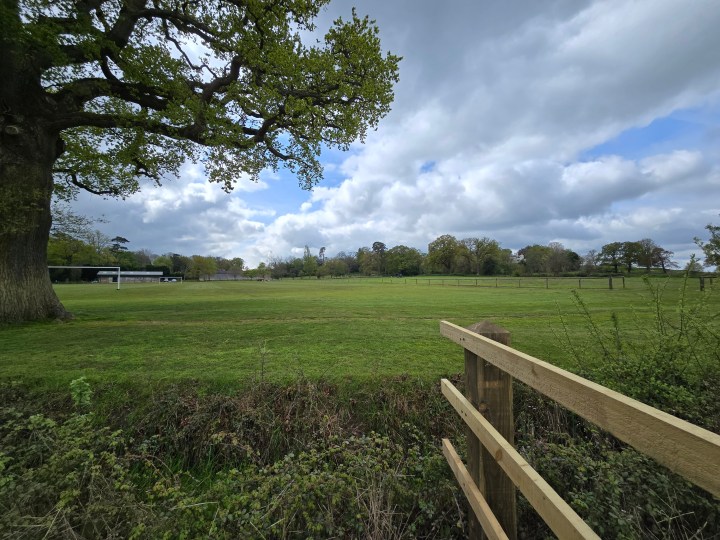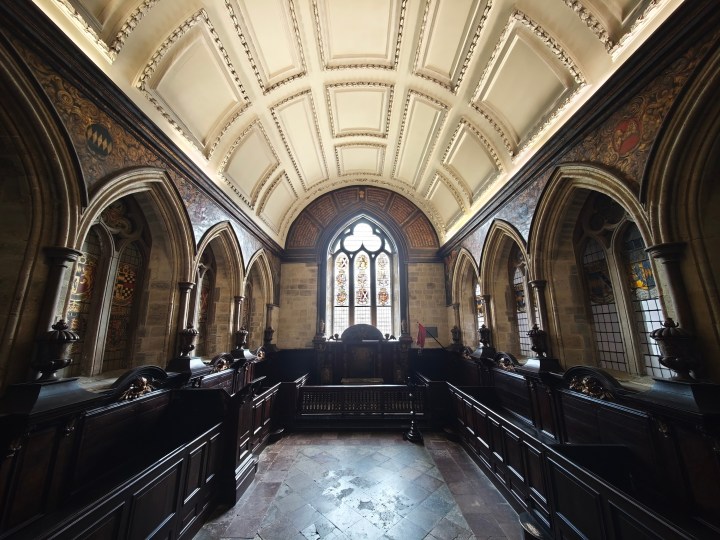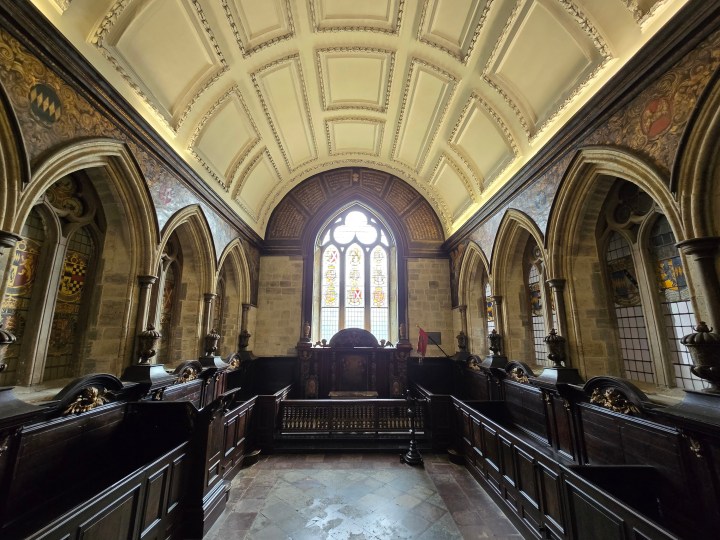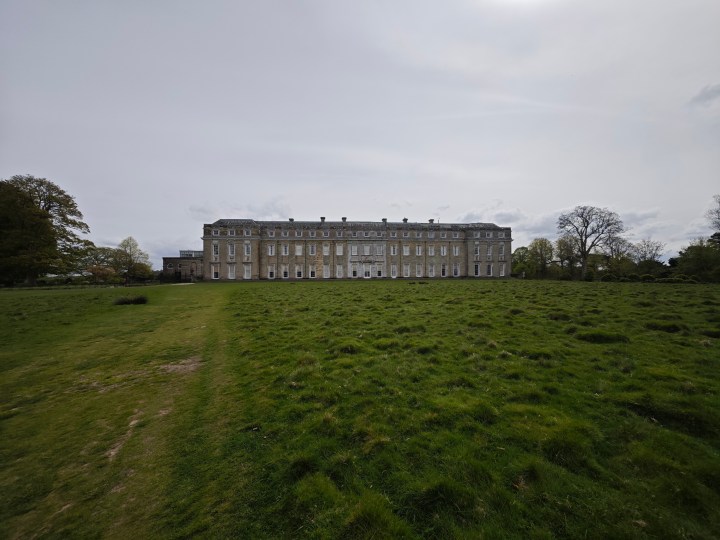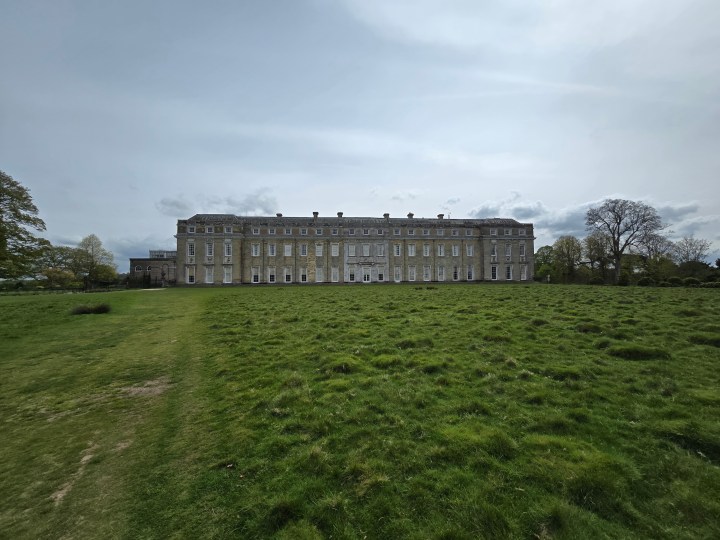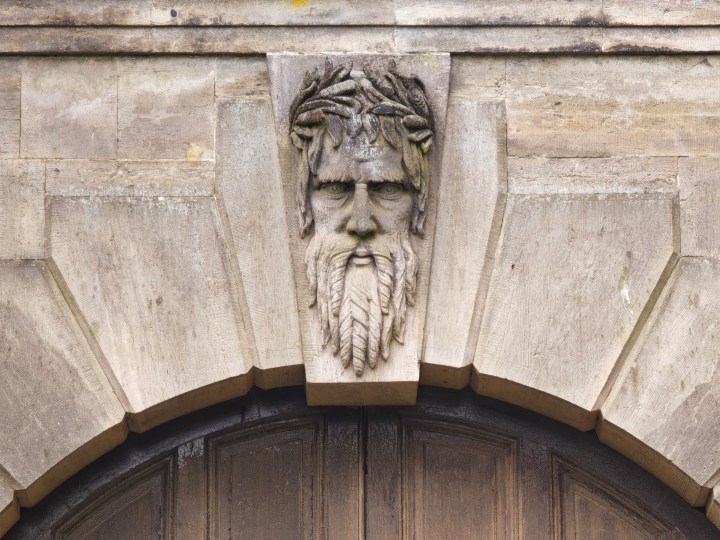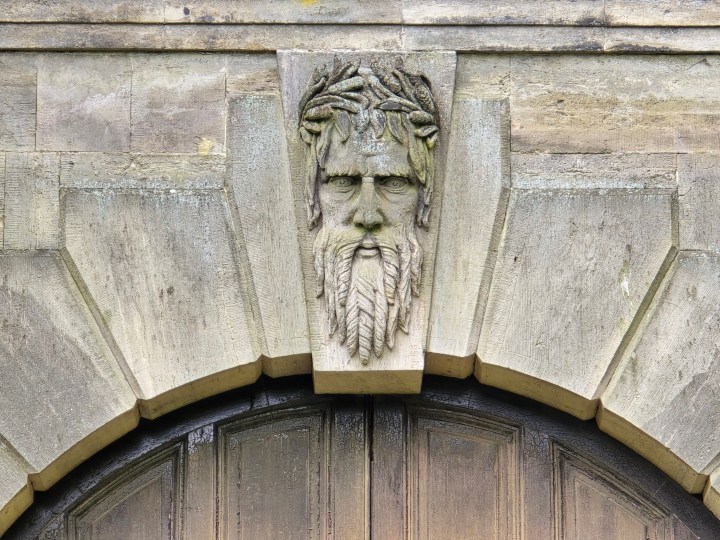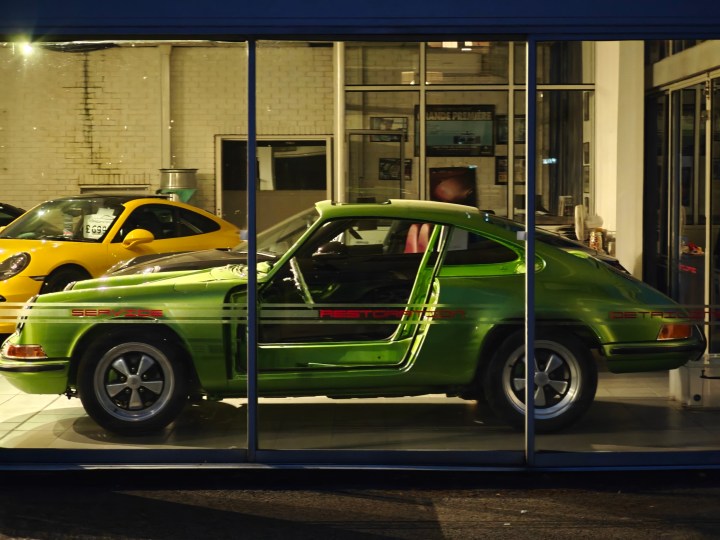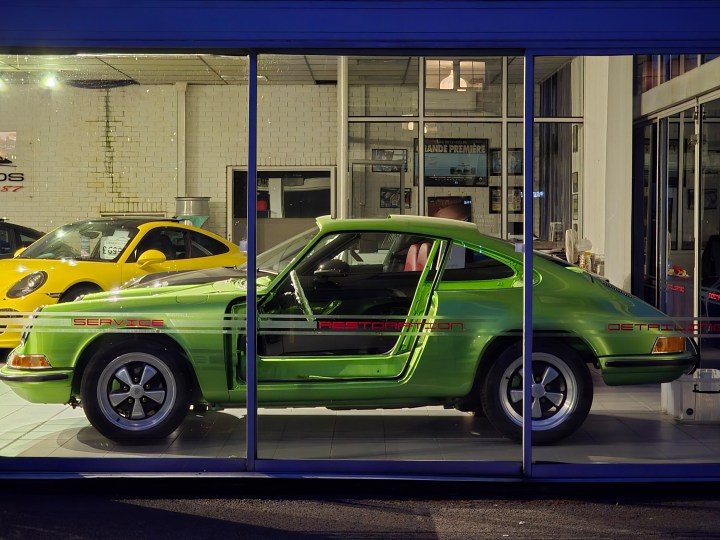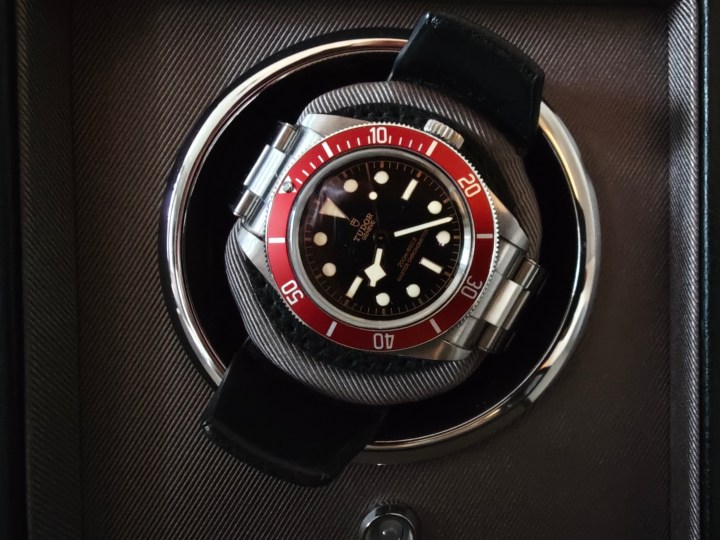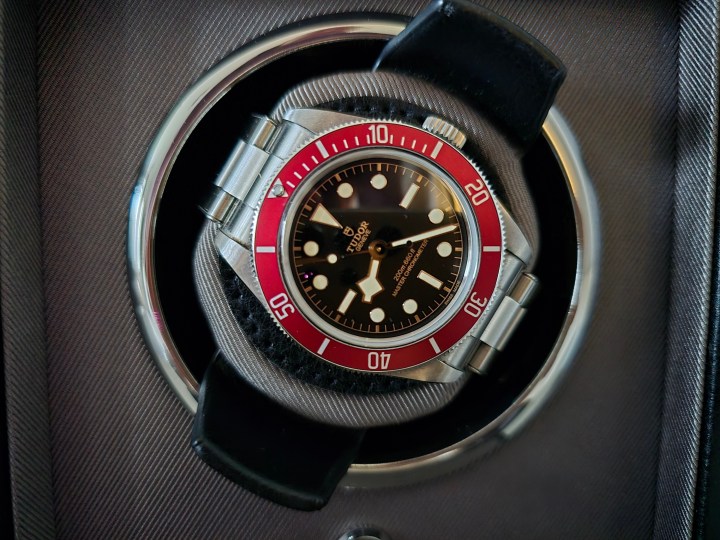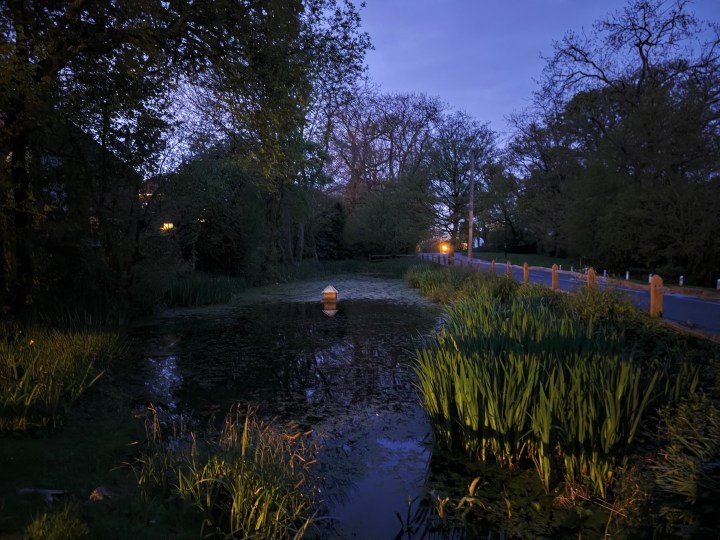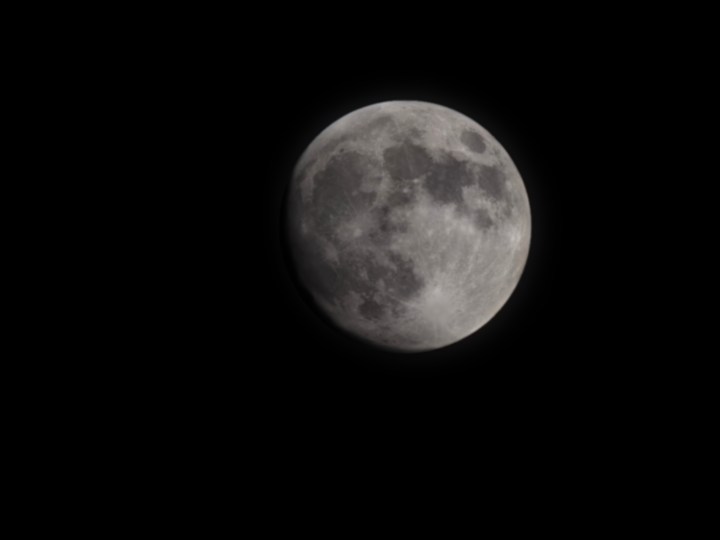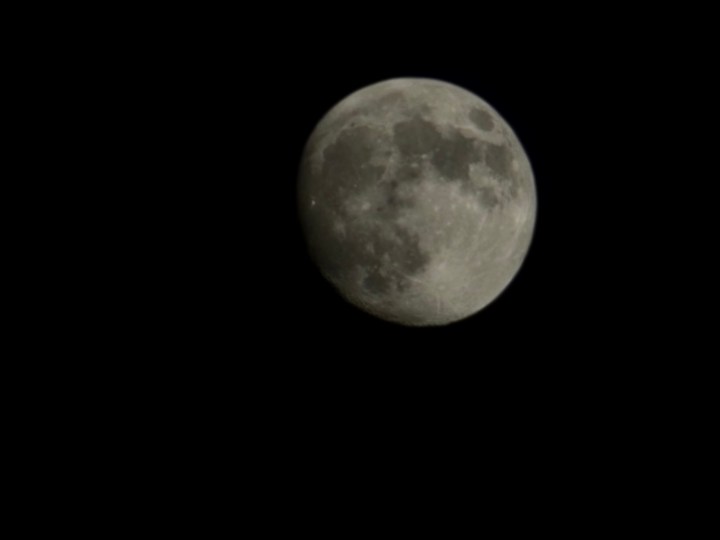The Xiaomi 14 Ultra may have the best camera on a smartphone I’ve used this year, which is quite a statement to make considering the competition it faces. But is it true?
One of the phones it needs to beat in order to truly claim this title is the excellent Samsung Galaxy S24 Ultra. Samsung’s most recent top smartphone has already managed to see off its predecessor in a comparison battle, as well as the Google Pixel 8 Pro. Can it also defeat the fantastic Xiaomi phone?
The cameras
The Samsung Galaxy S24 Ultra has four cameras on the back, with a big 200-megapixel camera leading the pack. It’s joined by a 50MP telephoto camera with a 5x optical zoom, a 10MP telephoto with a 3x optical zoom, and a 12MP wide-angle camera. The Galaxy S24 Ultra can also take photos at 10x zoom, but unlike the Galaxy S23 Ultra, these are “optical quality” photos rather than a true optical zoom.
The Xiaomi 14 Ultra has a 50MP main camera (Sony’s recent LYT-900 1-inch sensor), a 50MP telephoto camera for a 3.2x optical zoom, a 50MP periscope telephoto for a 5x optical zoom, and finally another 50MP camera taking care of wide-angle shots. Xiaomi’s secret weapon is its partnership with Leica, which supplies the lenses for the cameras and helps tune various aspects of the camera’s performance, too.
Leica’s involvement helps give Xiaomi’s camera character, and while the Galaxy S24 Ultra’s camera has proven to be excellent, it has never struck me as having its own unique style. This may hurt it during the test, but it may then win back points through consistency — an issue that has often hounded Xiaomi cameras, almost regardless of the model.
For this comparison, each phone was used in automatic mode, and with the Xiaomi 14 Ultra’s camera set to the Leica Natural color profile (it also has the option of a Leica Vibrant setting). I didn’t use the Xiaomi Photography Kit. Photos were examined on a monitor and have been resized here for friendlier online viewing.
Main camera
Comparing the two main cameras is where you really notice the difference in character between them. It’s hard to describe, but the way the Xiaomi 14 Ultra tunes its photos is more visually pleasing in most (but, crucially, not all) situations. The first photo is a great example of what I mean. There’s nothing wrong with the Galaxy S24 Ultra’s photo at all, but the Xiaomi 14 Ultra’s photo has more emotion in it. It captures the atmosphere of the room more realistically through its exposure and warmth, bringing out more detail in the chairs, curtains, walls, and the woode floor. It’s lovely.
The Leica-tuned camera seems to add a subtle vignette to the Xiaomi 14 Ultra’s photos that is absent from the S24 Ultra’s photos without editing. And a lot of the time, it’s very effective at adding atmosphere. But it doesn’t always work. The next photo of the blooms shows the Xiaomi 14 Ultra’s wonderful white balance and total lack of noise, but the darker tone toward the edge of the frame dims the bright pinks visible in the S24 Ultra’s photo, which some may not prefer.
In the next photo, you can see where the Xiaomi 14 Ultra picks out more detail, exposes more texture, and again captures emotion where the Galaxy S24 Ultra misses out. The walls and the wooden gate have been smoothed out by the S24 Ultra, which favors a deeper shadow in the foreground, and it loses the aged, weathered, and accurate look in the Xiaomi 14 Ultra’s photo. The sky has a blue and gray tint compared to Xiaomi’s whiter sky, something we’ll see more of next.
There’s a warmth and accuracy to the Xiaomi 14 Ultra’s image that’s perhaps slightly missing in the S24 Ultra’s photo of the lake and sky. It’s a typically Samsung-style image, but its shortcomings are apparent when you compare it to the Xiaomi 14 Ultra’s photo, from the color of the stones in the wall to the depth, ripples, and reflections in the water. I look at the S24 Ultra’s image and see a good photo, and then I look at the Xiaomi 14 Ultra picture and see a scene. The Xiaomi 14 Ultra isn’t perfect, but it has a unique ability to capture life more beautifully and atmospherically than the Galaxy S24 Ultra, and that makes it the winner here.
Winner: Xiaomi 14 Ultra
Wide-angle camera
The Xiaomi 14 Ultra’s main camera is fantastic, but the wide-angle camera and its performance can’t quite match it. There’s a hint of the same visual style, but somehow, it’s photos are less appealing than the Galaxy S24 Ultra’s wide-angle photos. This shows how much of a fine line the Xiaomi camera treads when it comes to exposure, brightness, and dynamism. The first photo of the field and tree highlights how much better the Galaxy S24 Ultra’s camera is at getting these aspects right.
Xiaomi makes better use of its 120-degree field of view in its wide-angle photos, and it returns photos with more scale than the S24 Ultra. This is evident in the next photo of the chapel inside the beautiful Petworth House, located in the U.K. and featured throughout this test. However, the S24 Ultra’s greater level of detail, sharpness, and overall warmth make up for this and create a stunning wide-angle photo despite its lower megapixel count.
In the final photo, the Galaxy S24 Ultra’s accurate exposure makes a big difference to the scene, as the grass, sky, and stone walls of the building are as they were in real life, while the Xiaomi 14 Ultra takes a dreary, far less appealing, and less accurate photo. After the success of the main camera, the Xiaomi 14 Ultra is let down by its wide-angle camera, and the S24 Ultra easily wins the category.
Winner: Samsung Galaxy S24 Ultra
3x zoom
The Xiaomi 14 Ultra has a 3.2x optical zoom while the Galaxy S24 Ultra has a 3x optical zoom, and in the first part of this extensive zoom comparison, the Xiaomi phone takes the win. It gets in slightly closer, but this isn’t what makes it special. It’s the amount of detail, clarity, and texture it extracts from the scene, which is well beyond what the Galaxy S24 Ultra can produce. However, as will also be seen in the 10x zoom category, at first glance, it’s not immediately obvious where it succeeds.
I do prefer Samsung’s sky and colors, and I admit the brightness is welcome. But when you get in even slightly closer, the detail is fuzzy and lacks sharpness. It’s easy to see where the Xiaomi phone improves even without zooming in just by looking at the numbers on the clock face and the clean lines around the brickwork. There’s a long way to go in this test with the telephoto cameras on these two phones, but the Xiaomi 14 Ultra takes an early lead, at least on a technical level.
Winner: Xiaomi 14 Ultra
5x zoom
Things swing back in Samsung’s favor when we zoom in to 5x. The Galaxy S24 Ultra consistently brightened the scene more effectively than the Xiaomi 14 Ultra and regained the detail it lost in the 3x zoom comparison. I like to use 5x zoom to frame shots that aren’t possible with the 1x camera, but I still want the same level of color and detail accuracy. The Galaxy S24 Ultra delivers it when compared to the Xiaomi 14 Ultra.
In Samsung’s photo, the yellow daffodils are perfectly frozen in time, the bluebells are vibrant and sharp, and the entire scene shows the effect of the sun on the grass and tree trunks. The Xiaomi 14 Ultra can’t match any of these elements, and its darker exposure doesn’t truly replicate the look of the spring morning.
Winner: Samsung Galaxy S24 Ultra
10x zoom
Samsung was once respected for its 10x zoom feature, but it has been beaten already by the Vivo X100 Pro, and it’s about to be beaten again by the Xiaomi 14 Ultra in our first photo. Both phones shoot “optical quality” 10x zoom photos, meaning they use hardware and software to create the final image, and as you can see in the photo of the goose, Xiaomi creates a more detailed, less noisy, more colorful photo.
What’s interesting, and what makes this category hard to judge, is that the differences aren’t always obvious. The Galaxy S24 Ultra’s photo of the sculpted face looks good at first glance, with attractive colors and plenty of detail. But when you zoom in, that detail and texture are actually noise and pixelation, which is missing from the Xiaomi 14 Ultra’s slightly smoother, but more detailed photo. I like them both, but Xiaomi undoubtedly took the technically superior photo.
There are times when Xiaomi gets it wrong, and the Galaxy S24 Ultra balances the conditions better and exposes the photo for a brighter scene. However, when you examine them both together, the S24 Ultra’s photos often have noticeable edge enhancement, more smoothing, and more noise. In most circumstances, though, I preferred the Xiaomi 14 Ultra’s photo, but it was a close thing.
Winner: Xiaomi 14 Ultra
30x zoom
The 30x zoom remains fairly disappointing, regardless of which phone you use. It’s entirely possible to tell what you’re taking a photo of, but they really aren’t ones you’ll want to share because there’s so much noise and processing; it’s obvious they are digitally enhanced. While I think the Xiaomi 14 Ultra has taken the better photo of the squirrel, I’ve got many others where the usually brighter S24 Ultra beat it. As neither take what I’d call “good photos,” and since a firm winner never emerged, it’ll be a draw here.
Winner: Draw
Night mode
Good night mode performance depends a lot on how the software, the processor’s ability (it’s a Qualcomm Snapdragon 8 Gen 3 powering both smartphones), and the camera’s hardware come together. Samsung has nailed it with the Galaxy S24 Ultra, and it really shows when you compare it to the Xiaomi 14 Ultra. This first image of the car’s rolling shell in a showroom was taken at night at 5x zoom. It’s obviously behind glass and backlit, yet the Samsung phone’s photo is pin-sharp and incredibly detailed and colorful. It’s vastly superior to the Xiaomi 14 Ultra’s photo in every way.
In the second photo, which was taken in a dark corner with the watch inside a black watch winder case, you can see how much light the Galaxy S24 Ultra pulls in and how it enhances the image to show more detail and more accurate colors without increasing noise. You can barely read the Master Chronometer and Swiss Made text in the Xiaomi 14 Ultra’s photo, but both are sharp and color-accurate in the S24 Ultra’s image.
The final image was taken in almost complete darkness, with only a handful of relatively dim streetlights for ambient light. And while both are noisy photos and show smoothing, the S24 Ultra’s is brighter and more detailed, with much less haze from poor lowlight focus. When I took this photo, the viewfinder showed almost nothing on it at all, illustrating just how much the software and processor work after pressing the shutter button to create photos taken in almost complete darkness.
Winner: Samsung Galaxy S24 Ultra
Moon mode bonus
This category won’t contribute to the final score, but as both phones have a dedicated moon mode, and there was a full moon during the time I was testing the phones, here’s how each captured it. The Xiaomi 14 Ultra sees the moon as much more starkly gray and white compared to the Galaxy S24 Ultra, which takes a less bright photograph. Both look really good for photos taken with a phone, and if I were forced to decide which I personally preferred, it would be the Xiaomi 14 Ultra’s photo. But with a question mark over how these images are created by the phone, choosing a winner doesn’t fit with the test.
Is there a winner?
The Xiaomi 14 Ultra and Samsung Galaxy S24 Ultra have both won three categories each, and one category has resulted in a draw, meaning both have an equal score and the overall comparison has also resulted in a draw. It’s a very even split too, as each has had decisive wins, with the 10x zoom category being the hardest to judge.
There are a couple of other aspects that should be highlighted before we conclude. The Galaxy S24 Ultra’s screen crushes the Xiaomi 14 Ultra’s for visibility, as no matter the conditions, it was incredibly bright and vibrant, allowing me to easily and quickly frame my photos. The Xioami 14 Ultra’s screen is much dimmer, which makes composition harder. If some of my Xiaomi 14 Ultra shots look lopsided, this is why. However, you can have a lot of creative fun with the Xiaomi Photography Kit, should you pay the extra required for it, and Samsung doesn’t offer anything like it for the S24 Ultra.
What does this all mean for the Xiaomi 14 Ultra becoming the best camera phone I’ve used? I’ve taken hundreds of photos with it and the Galaxy S24 Ultra, and for the main camera, I’d choose the Xiaomi phone every time. The tone it produces is wonderful, and I love the Leica black-and-white filters. I also find that I get more creative with it than the Galaxy S24 Ultra. But for almost every other situation, the S24 Ultra is either better or very nearly as good. The comparison is definitely a draw though, and the good news is I don’t think you’ll be disappointed owning either of these fantastic cameras.
Editors’ Recommendations
%20Is%2075%25%20Off%20at%20The%20Home%20Depot.png)



